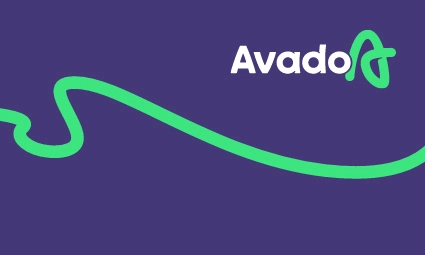The “age of the entrepreneur”, in which start-ups are flourishing across the UK and elsewhere thanks to the easy accessibility of the online marketplace, constitutes a veritable paradise of opportunities for bookkeepers. There have never been more small firms in need of basic financial services than there are today, and bookkeepers can therefore often enjoy a similar level of freedom as their clients, choosing to either freelance from home or work for a firm of accountants.
As a bookkeeper, you will be entering into one of the world’s oldest professions; in fact, the basic system of manual double entry bookkeeping that is still in use today was invented more than five hundred years ago by a Cistercian monk called Luca Pacioli.
While most bookkeeping is no longer done using physical books, instead relying heavily on digital record-keeping, the basic records kept by bookkeepers remain largely unchanged; they include:
Sales ledgers: A list of all sales made and payments received.
Purchase ledgers: A list of all purchases made and when payments were made.
Cash book/ledgers: These handle records similar to the above ledgers, but also include information regarding cheques that have been issued but not yet cashed and cheques received for sales that have not yet been cashed.
Asset book: A list of all the assets belonging to a company.
Balance Sheet and cash flow forecast: The tax and other non-cash related items which must be calculated for tax purposes and reported to HMRC.
Naturally, managing all of the above requires a certain level of training; while one does not strictly need any qualifications to get into bookkeeping, it is strongly advised that potential bookkeepers seek out relevant training courses. Qualifications in bookkeeping, like those available from the IAB or AAT, will help young people to break into the industry faster, raise the potential salary they can earn, and ensure that they have the background knowledge in accounting they need to excel in the workplace. In general, an entry level bookkeeper without training will make just £15,000, whereas a trained bookkeeper with a few years of experience can make between £20,000 and £25,000.
The basic AAT qualification (up to Level Two is recommended) is especially popular as it requires no formal qualifications and can easily be completed in one’s spare time via online courses. The AAT course also offers the possibility of further advancement, as one can return at any time to work through the higher levels and move on to become a fully certified, qualified accountant. Likewise, those who have relevant work experience or qualifications may be able to jump right into Level Two (the Intermediate/Advanced Certificate level), fast-tracking their progression even further.
The Institute of Associated Bookkeepers, or IAB, is a viable alternative (or complementary qualification) to the AAT. The IAB is the largest bookkeeping institution in the world, having over 150,000 students and members, and like the AAT, they offer a variety of courses which can often be studied in one’s spare time. The IAB courses tend to focus more specifically on bookkeeping rather than accounting, covering everything from understanding business documents, managing books, posting and making entries, managing credit control and recording ledger accounts, to preparing trial balances and other statements.
Starting a Bookkeeping Business
Once you have the knowledge and qualifications required, you will need to work on setting up your business. Usually, this begins in a home office—anywhere you have enough space to properly organize client paperwork should suffice (each customer is likely to hand you a carrier bag of invoices, bank statements, and other paperwork to sort through and store).
Before you take on your first client, you should:
- Prepare a checklist of the paperwork your clients will need to provide. It will be much easier to stay organized if you get all the required paperwork from each client in one session, so create a list of everything you need to get from them in order to manage their books.
- Set aside money for start-up expenses. Starting a business at home is cheap, but it’s not free; you will need to set aside money for insurance (more on this below), a computer capable of running bookkeeping software properly, back up hard disks, any software you don’t already own (e.g. Kashflow or Sage), a printer and a large store of printer paper, cabinets, and of course, marketing services.
- Get bookkeeping insurance. You will need what is known as “professional indemnity insurance” which protects you and your personal finances from claims made by dissatisfied clients and employees of your business and from non-paying clients. It will also insure you against the actions of dishonest employees, partners, or directors, defamation, intellectual property theft, etc.
Additionally, you will need public liability insurance; this form of insurance covers you in the event of things like personal injury or property damage claims.
Once you have the above in place, it’s just a matter of marketing your business via social media and local print media and reaching out directly to clients. Never sit around waiting for the phone to ring; get out there and offer your expertise to any small or big businesses in need, and you’ll be off to the races.
If you, would like to enhance your Bookkeeping skills to ensure your CV is standing out to employers- take a look at our qualifications, fill in the form on the right or call 020 7173 5685.
 5 min read
5 min read 



